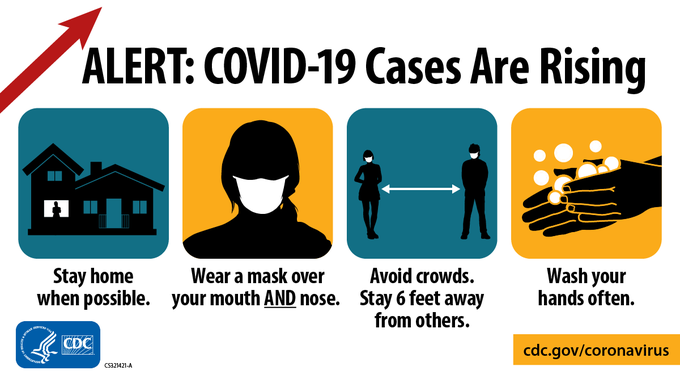“89 percent of respondents to a Charles Schwab’s survey believe a lack of financial literacy contributes to larger social issues—from poverty, to fewer job opportunities, to wealth and gender inequality.” Carrie Schwab-Pomerantz
- Even in the wake of a global health crisis, Americans value financial education.
- An overwhelming majority of Americans believe that a lack of financial literacy contributes to larger social issues.
- Americans want our schools to take the lead in providing our youth with a financial education.

The impact of financial illiteracy is not lost on the American public. 89% of Americans agree that lack of financial education contributes to some of the biggest social issues our country faces, including poverty (58%), lack of job opportunities (53%), unemployment (53%), and wealth inequality (52%).
“Financial illiteracy is insidious. The antidote is financial education, which gives people the skills they need to make smart money decision and can help improve their lives.” Carrie Schwab-Pomerantz, president of Charles Schwab Foundation.
Americans indicated they wish they had better money management skills, according to a Charles Schwab survey. When asked what they would teach their younger selves about personal finance based on what they know today, Americans said the value of saving money (59%), basic money management (52%), and how to set financial goals and work toward them (51%).
"Financial illiteracy is insidious. The antidote is #financialeducation, which gives people the skills they need to make smart money decision and can help improve their lives,” said Carrie Schwab-Pomerantz, president of Charles Schwab Foundation. #financialLiteracy https://t.co/qUXGNaaIMm
— DigiConsumers (@ConsumersDigi) August 18, 2020
From the survey, it is apparent that every person in America should be taught the fundamentals of money management including budgeting, saving, avoiding debt, setting financial goals and investing.
“The pandemic has underscored just how critical basic personal finance skills are in preparing for the unexpected. Financial literacy is a survival skill that everyone needs.” Carrie Schwab-Pomerantz
Carrie Schwab-Pomerantz recommends five key steps every American can take to help shore up their finances during this period of global health crisis and economic uncertainty.
- Start an emergency fund (or add more to it) to help protect yourself against an unexpected drop in income or expense shock. Set aside whatever you can – every little bit counts. Try to aim for $1,000-$2,000 to get started, and then work your way up to 3-6 month worth of essential expenses over time.
- Create a budget to help you prioritize and assess your financial resources. Self-isolation has led to different spending patterns for many people, including cutting back on what we may have previously thought of as “essential.”
- Create a financial plan to help you navigate from where you are to where you want to be. You don’t need to have a lot of money to need a financial plan. Consider it a roadmap to reach your financial goals, whether that’s to pay off debt, build savings, or make a large purchase.
- Ask for help if you’re struggling. Given the scale of this economic crisis, the government, lenders and creditors are trying to work with borrowers through this difficult time. Don’t hide from creditors – that can make things worse.
- Focus on what you can control. You can’t predict or control the market, but you can control how you manage your investments, your savings rate, having a financial plan and how you react to events.
“The need for financial literacy is especially urgent for women and minorities, who continue to face unique challenges at home and in the workplace,” said Schwab-Pomerantz.
Elena Zee is on a mission to improve financial education in schools. Because financial literacy can quite literally change the trajectory of a child’s life. We're happy to support her and the Arizona Council on Economic Education as a Schwab Local Hero. https://t.co/YhyzG2k6YU pic.twitter.com/YzUMOx56WI
— Charles Schwab Corp (@CharlesSchwab) September 23, 2020
However, financial literacy isn’t a cure-all, but it is an essential key to unlocking doors to opportunity and financial security.
Highlight: "Financial literacy is… very low," says Charles Schwab Founder @CharlesSchwab. "There's just so much education that people don't have and we need to do a better job," says Charles Schwab Founder @CharlesSchwab. https://t.co/xpAujlCWBd pic.twitter.com/qtqjLDewjq
— Yahoo Finance (@YahooFinance) October 16, 2019
References:
- https://www.schwab.com/resource-center/insights/content/americans-want-financial-literacy-now?SM=URO#sf237483690
- https://pressroom.aboutschwab.com/press-releases/press-release/2020/Charles-Schwab-Financial-Literacy-Survey-Exposes-Grave-Impact-of-Lack-of-Financial-Education-During-COVID-19/default.aspx








